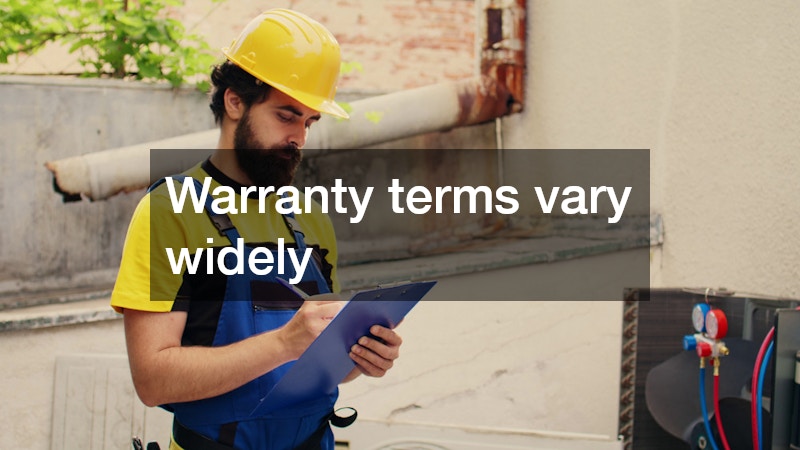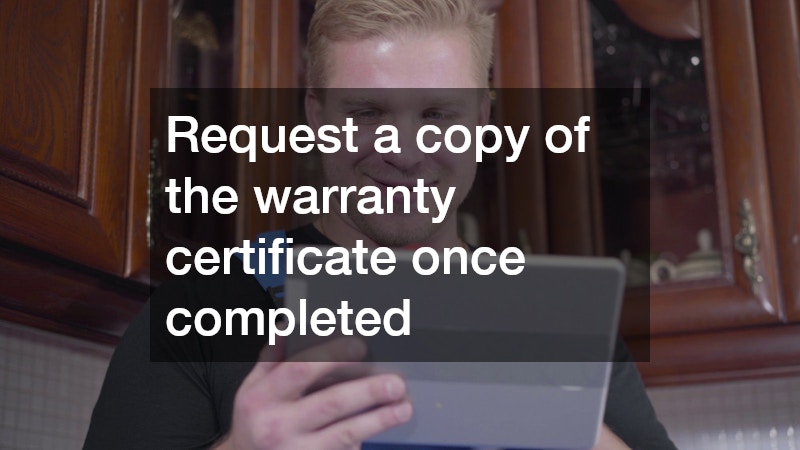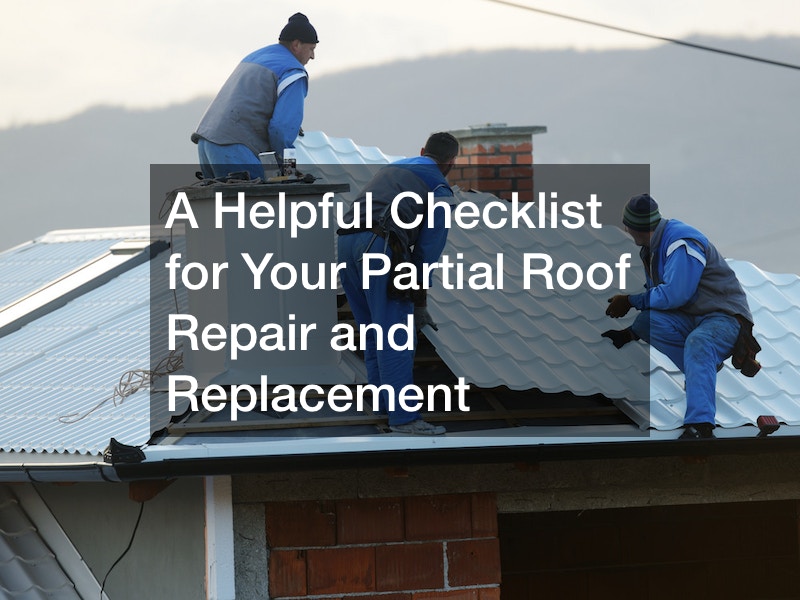Key Takeaways:
-
Ask detailed questions about both manufacturer and workmanship warranties.
-
Understand coverage limitations, claim procedures, and maintenance requirements.
-
Know what voids the warranty and what documentation you need to keep.
-
Only hire a certified residential roofing contractor to secure full coverage.
-
Request and review sample warranty documents before signing anything.

When it comes to protecting your home, few investments are as important—or as expensive—as a roof replacement. That’s why choosing the right residential roofing contractor and understanding the warranties they offer are both critical steps in the process.
Roofing warranties can be complicated, filled with fine print, conditions, and exclusions. Yet, they serve as your safety net, shielding you from unexpected costs due to defective materials or poor installation. However, a warranty is only as good as your understanding of it. Asking the right questions before signing a roofing contract ensures you don’t face surprises when problems arise.
This article dives deep into the essential questions homeowners should ask their roofing contractor. Each question is followed by thorough explanations and real-world context to help you make informed, confident decisions.
Understanding Roofing Warranties: Types and Basics
Before you evaluate the warranty itself, you need to understand the two main types of roofing warranties you may be offered. Each plays a unique role, and both are important.
1. Manufacturer Warranty
This warranty is offered by the company that manufactures the roofing materials, such as shingles or underlayment. It typically covers defects that occur during the production process—such as shingles that curl, crack, or degrade prematurely. However, it does not cover installation errors.
A manufacturer’s warranty often:
-
Covers only the cost of new materials, not labor
-
Requires that the materials be installed according to the manufacturer’s specifications
-
Lasts between 20 and 50 years, though terms vary widely
2. Workmanship Warranty
Offered by your residential roofing contractor, a workmanship or labor warranty covers installation-related issues. If the roof leaks because flashing was installed improperly or the underlayment was misaligned, the workmanship warranty is what saves you.
Key points about workmanship warranties:
-
Coverage duration typically ranges from 1 to 25 years
-
Only valid if the original contractor performs the work
-
Reflects the contractor’s confidence in their craftsmanship
Both warranties together offer full protection—materials and installation. Never assume you’re getting both without verification.
1. What Type of Warranty Comes With This Roof Installation?
Not every residential roofer provides both a manufacturer and a workmanship warranty. It’s critical to identify what’s included before you sign anything.
Why this matters:
If you only have a manufacturer’s warranty, installation mistakes aren’t covered. If you only have a workmanship warranty, material defects might cost you out of pocket. You need both for full coverage.
Questions to ask:
-
Is the manufacturer warranty included?
-
Do you provide a separate workmanship warranty?
-
Can I see the documentation for both warranties?
Request these in writing to avoid miscommunication later on.
2. How Long Does the Warranty Last, and Are There Limitations?
Warranty duration varies based on product quality, contractor certification, and the specifics of your agreement. “Lifetime” doesn’t always mean forever.
Why this matters:
The term “lifetime” is often defined by the useful life of the product—not the homeowner’s lifetime. Some lifetime warranties are good for 25 years, while others drop significantly in value over time or after home resale.
Clarify:
-
The actual length of both manufacturer and workmanship warranties
-
Whether the warranty changes over time (e.g., becomes prorated after 10 years)
-
If coverage changes when the property is sold
Knowing how long your protection lasts—and under what conditions—ensures you won’t be left vulnerable.
3. What Exactly Is Covered—and What Isn’t?
Warranties are often marketed as “comprehensive,” but every warranty has limitations. You must know precisely what is covered and what the exclusions are.
Why this matters:
Many homeowners discover after a leak or storm that their warranty doesn’t apply. Knowing what’s not covered allows you to plan for additional insurance or preventive measures.
Common inclusions:
-
Shingle or material defects (cracking, blistering, premature granule loss)
-
Leaks due to improper flashing or underlayment
-
Faulty installation practices
Typical exclusions:
-
Storm damage (may require separate insurance)
-
Damage caused by walking on the roof or placing heavy equipment
-
Algae growth, discoloration, or UV fading
-
Failure to perform routine maintenance
Ask for a list of covered and excluded items in writing, and make sure it’s included in your contract.
4. Is the Warranty Prorated or Non-Prorated?
This is one of the most financially significant questions. A prorated warranty decreases in value over time, while a non-prorated warranty offers full coverage for a defined period.
Why this matters:
If your shingles fail after 15 years under a prorated warranty, you may be reimbursed for only 20–30% of the replacement cost. This can leave you paying thousands unexpectedly.
Ask your residential roofing contractor:
-
How long is the non-prorated period?
-
What is the prorated reimbursement schedule?
-
Does labor coverage follow the same rules as material coverage?
Insist on reviewing a copy of the proration table so you know exactly what to expect over the life of your roof.
5. Who Is Responsible for Registering the Warranty?
Many warranties must be registered to become valid. Failure to register the warranty can void it completely.
Why this matters:
Some manufacturers require that either the homeowner or the licensed residential roofing contractor registers the warranty within 30–60 days of installation.
Clarify:
-
Who handles the registration process?
-
What documentation will you receive as confirmation?
-
Are there deadlines or post-installation steps you need to complete?
If the contractor is registering it for you, request a copy of the warranty certificate once completed.

6. What Is the Process for Filing a Warranty Claim?
Even if you have coverage, the claim process can be complex, frustrating, and time-consuming—unless you understand it in advance.
Why this matters:
During a roofing emergency, you don’t want to waste valuable time trying to figure out how to submit a claim or whom to contact.
Ask:
-
Do I file a claim with the contractor or the manufacturer?
-
How long does it take to receive a response or resolution?
-
Will there be an inspection, and if so, who pays for it?
-
Is repair work done by the original contractor or subcontractors?
Document the full process in writing so you’re prepared if a problem arises.
7. Is the Warranty Transferable If I Sell My Home?
Some warranties lose coverage—or become void—when ownership changes, while others are transferable.
Why this matters:
If you sell your home, the ability to transfer the roof warranty to the buyer can make your property significantly more appealing. Conversely, a non-transferable warranty may diminish the home’s market value.
Ask:
-
Is the warranty transferable?
-
How many times can it be transferred?
-
Is there a deadline or administrative fee to complete the transfer?
-
Does coverage change (e.g., shorter duration or reduced benefits) after transfer?
Make sure the transfer process is clearly outlined in your contract.
8. Does the Warranty Require Maintenance or Inspections?
Warranties often contain ongoing maintenance clauses. Ignoring them can result in voided coverage, even if the roof failure wasn’t your fault.
Why this matters:
Something as simple as a clogged gutter, broken vent, or moss buildup could give the manufacturer grounds to deny your claim.
Typical requirements:
-
Annual or biannual inspections by a qualified roofer
-
Documentation of inspections and repairs
-
Regular cleaning of gutters and downspouts
-
Prompt repair of minor issues before they escalate
Ask your residential roofing contractor:
-
What type of maintenance is required?
-
How frequently should inspections occur?
-
Do you offer a maintenance plan to keep the warranty valid?
9. What Actions Can Void My Warranty?
Warranties are voidable for many reasons, some of which are unintentionally triggered by homeowners.
Why this matters:
Even a simple DIY repair or third-party modification can cancel your entire warranty—leaving you with no coverage at all.
Ask:
-
Are there restrictions on who can service the roof after installation?
-
Will installing solar panels, satellite dishes, or skylights void the warranty?
-
Can pressure washing or chemical cleaning cancel coverage?
Request a list of warranty-voiding actions and keep it in your homeowner documents. When in doubt, always call your contractor before making any changes to your roof.
10. Are You a Certified Installer for This Roofing Product?
Major manufacturers offer extended or enhanced warranties—but only when their products are installed by certified contractors.
Why this matters:
Hiring a certified residential roofing contractor may unlock premium benefits such as:
-
50-year non-prorated coverage
-
Full-system warranties (not just shingles)
-
Labor and disposal costs included in claims
-
Faster claim processing due to pre-approved status
Ask:
-
Are you certified by the shingle or product manufacturer?
-
Can you offer manufacturer-backed enhanced warranties?
-
Will this certification be noted in the paperwork?
Hiring a certified installer protects your warranty, improves installation quality, and ensures compliance with manufacturer requirements.
Bonus: Ask for a Sample Warranty Document
Before signing anything, request a sample copy of each warranty—manufacturer and workmanship.
Why this matters:
Sample documents let you verify all claims made during the sales process and ensure there are no hidden loopholes.
Review for:
-
Coverage duration and exclusions
-
Claim process and contact information
-
Maintenance and registration requirements
-
Language around proration or transferability
Compare warranties from multiple contractors side-by-side to choose the most protective and transparent option.
After Installation: What Homeowners Should Do
Once your new roof is installed and your warranties are active, your responsibilities don’t end. Stay proactive to protect your investment.
Follow these best practices:
-
Save physical and digital copies of all warranty documents
-
Keep maintenance records and receipts from inspections or repairs
-
Use only qualified, approved professionals for future roof work
-
Schedule annual inspections to catch issues early and maintain coverage
Being organized helps ensure any future claims are approved quickly and without dispute.
Choosing a residential roofing contractor isn’t just about price or curb appeal—it’s about trust, craftsmanship, and long-term protection. The warranty you receive is your safeguard against errors and product failures, but only if you fully understand its terms.
Asking these ten critical questions before you sign a contract ensures that your home, finances, and peace of mind are protected for years to come. Don’t settle for vague answers or verbal promises—insist on clear, written documentation and complete transparency.
Your roof may last decades, but so should your warranty coverage.



